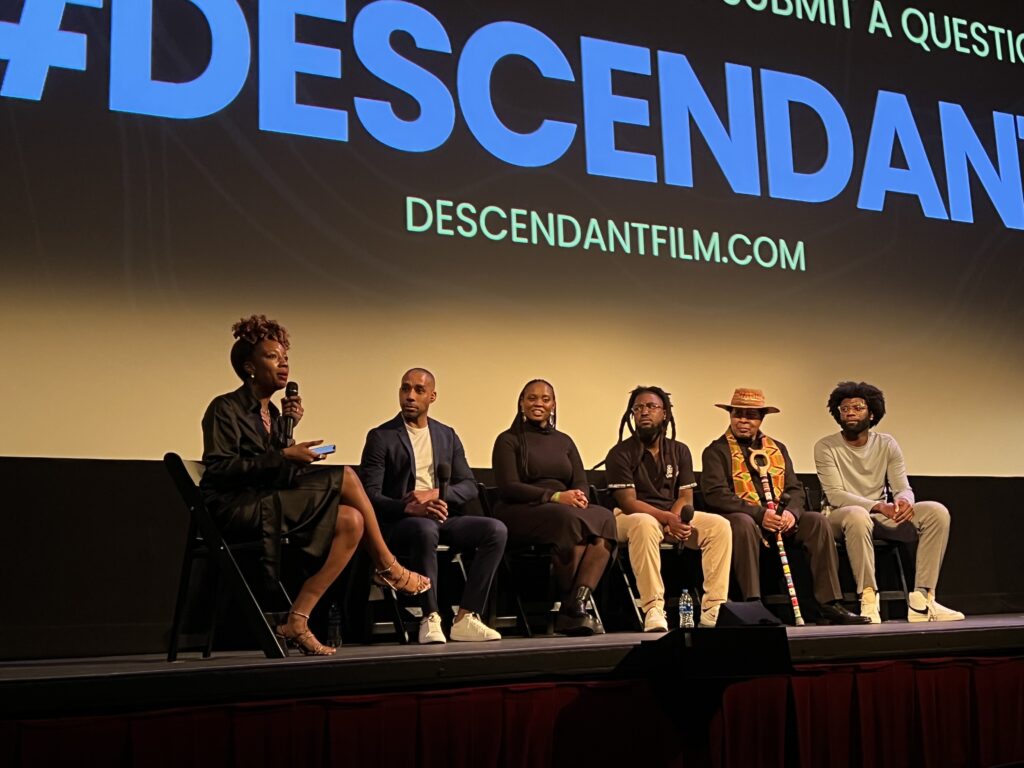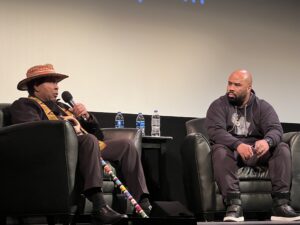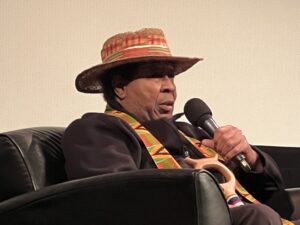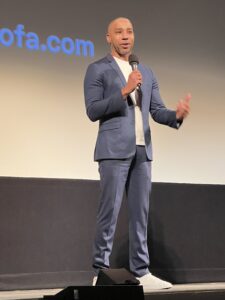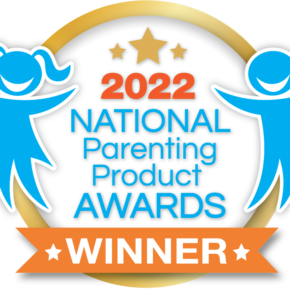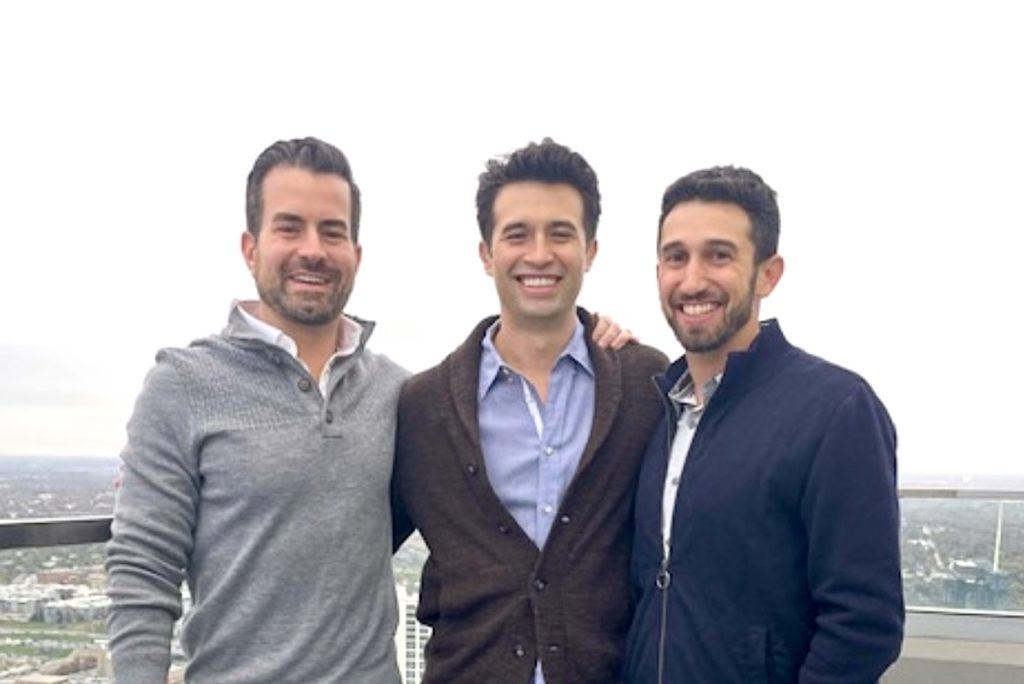
In 2021, Ben Rubenstein left Realtor.com with Michael Lam to co-found Setpoint with another friend, Stuart Wall.
The problem they identified is a need for critical software to power a more efficient asset-based lending market. They’ve created a funding operating system to replace email, Excel spreadsheets, and computer folders which comprise the backend of real estate transactions. Setpoint’s software verifies, and stores documents automate interest rate calculations, and digitizes assets like homes or autos.
“The old real estate business backend is broken, and it is costing the consumer more money,” Rubenstein said. “This is a big problem that is hiding in plain sight and we’re solving it.”
On Wednesday, Setpoint announced it has closed a $43 million Series A round led by Andreessen Horowitz with participation from Henry Kravis, Spencer Rascoff, co-founder of Zillow and 75and Sunny, Fifth Wall, 645 Ventures, NextView Ventures, LiveOak Venture Partners, Vesta Ventures, ATX Venture Partners and Capital Factory.
“A lot of people say it’s impossible to get tech funding right now, but this shows it is possible,” Rubenstein said.
Setpoint also announced that it is on “track to power 25,000 home transactions this year and expects to power more than 100,000 in 2023 via single-family residences, iBuying, Power Buying, Fractional Ownership, Rent-to-Own, and other transactions that make buying, selling, and renting a home easier, faster and more accessible,” according to a news release.
In addition to his experience at Realtor.com, Rubenstein was an early investor in Austin-based Homeward, which allows homebuyers to buy a home before they sell their existing one. In the early days of Homeward, Rubenstein, and Lam supplied capital to the company. It was asset-backed lending to a tech company. And through that experience, they understood the internal financial operations and how it was done manually, and it didn’t scale, Rubenstein said.
Setpoint initially focused on power buyers like Flyhomes, Orchard, UpEquity and then expanded to all of PropTech like Opendoor, rent to own, home equity, and warehouse lending, Rubenstein said.
“They all have the same problem,” Rubenstein said. “It is a company that is accessing capital and needs to report on those assets.”
Last June, Setpoint came out of stealth mode with $615 million in debt capital when it officially launched its platform. That part of the business enables Proptech companies to offer contingent-free, all-cash offers on homes to customers, which it says accelerates funding and closing on properties.
“While there’s been much innovation and investment made upon improving the front-end of fintech transactions, behind-the-scenes capital market workflows are often a product of email, Excel, and FTP folders,” David Haber, General Partner at Andreessen Horowitz, said in a news release. “I believe that Setpoint’s Funding OS has the potential to significantly improve the efficiency of these transactions, resulting in lower cost for both borrowers and lenders.”
The latest funding round will allow Setpoint to invest further in software engineering and develop critical tools for their customers on both sides of asset-backed transactions. The firm will continue to focus on relationships with borrowers and lenders, while also expanding beyond its core market of real estate.
Real estate is just the first market Setpoint plans to address. It might expand into other areas like auto loans and credit card loans, Rubenstein said.
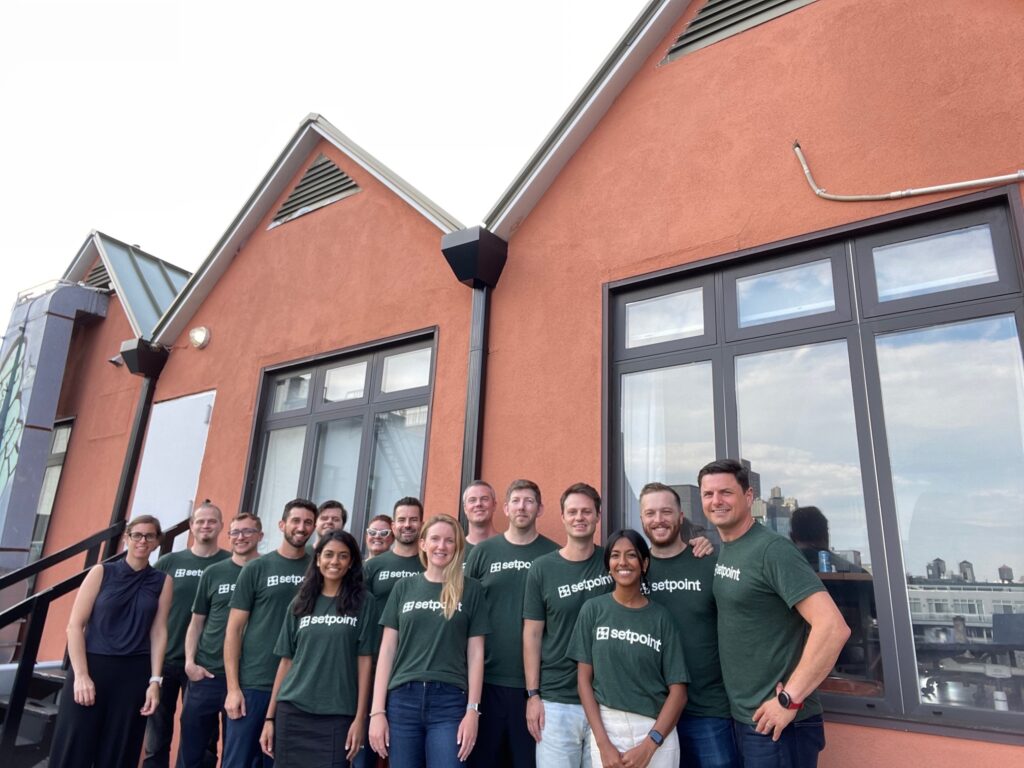
Half of Setpoint’s team is in Austin and the other half is in New York. The company has 25 employees and expects to double over the next year, Rubenstein said. The company primarily operates as a hybrid company with most employees working from home and office space at WeWork on Congress, he said.
The Covid-19 pandemic changed the way tech companies operate and remote working is now more acceptable, Rubenstein said.
Setpoint is Rubenstein’s third startup. He previously co-founded Yodle, which sold for $342 million to Web.com, and Opcity, which sold to Realtor.com for $200 million.
“I truly enjoy building startups,” Rubenstein said. “I’m much more zero to one guy. I like the super, super early days of building a company.”
Rubenstein and Lam previously worked together as founders of Opcity and they have known each other since college. Wall is also a friend who founded Signpost, a competitor to Yodle.
His experience at his previous companies taught Rubenstein that there are big problems in the world that software can really help with. And that it is important to go to the right partners and work with the right VCs, he said.
“Working with people you like, and know and trust is really fun,” Rubenstein said.
For more information, read David Haber’s blog post on Andreessen Horowitz’s investment in Setpoint.
